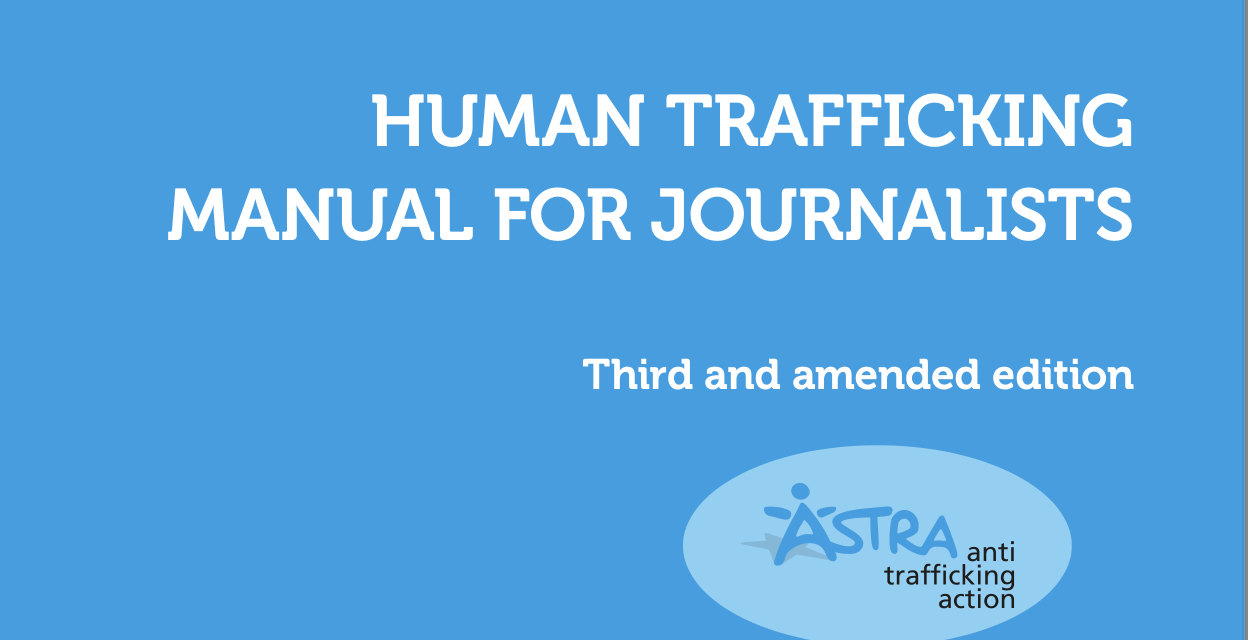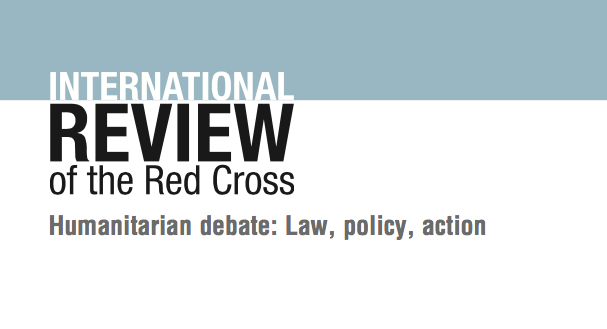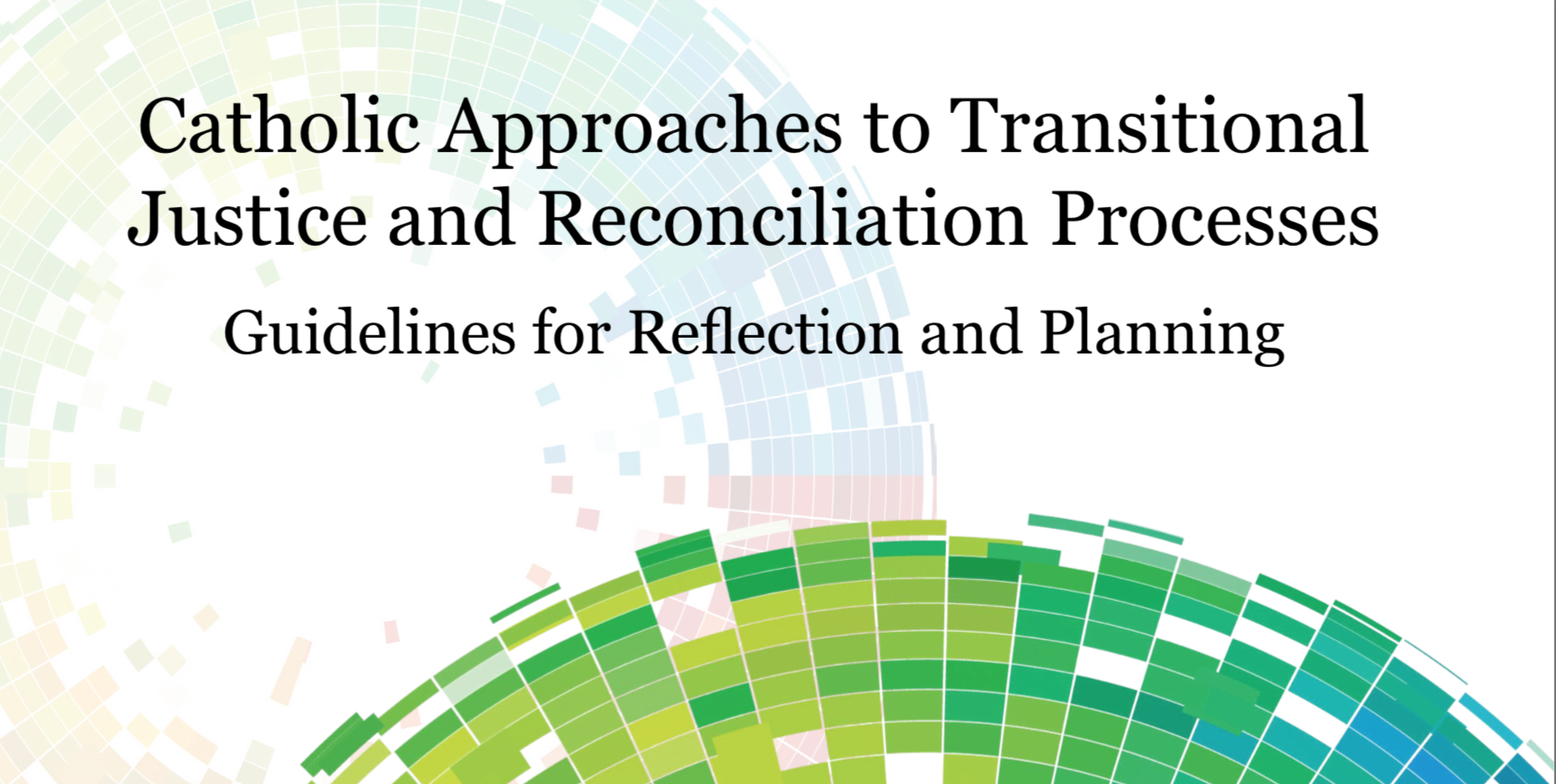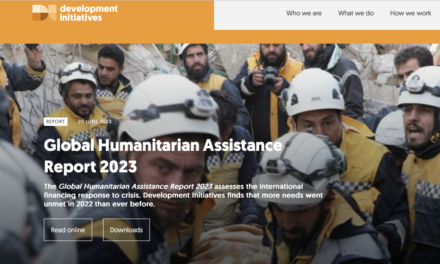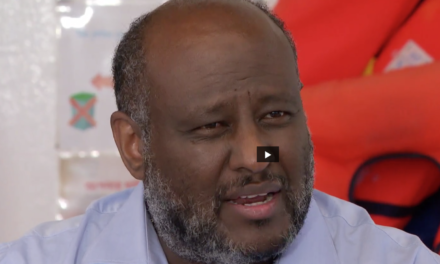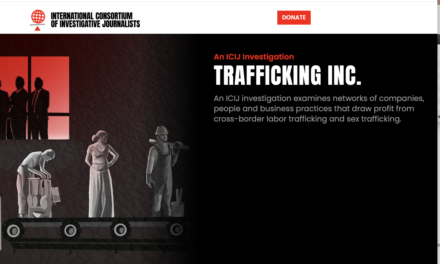astra@astra.rs
www.astra.rs
HUMAN TRAFFICKING MANUAL FOR JOURNALISTS
 Loading…
Loading…
A WORD FROM THE THERAPIST − The conflict between the desire to deny horrific events and the desire to speak about them
Think of a situation when you experienced an abuse, threat, violence… When you felt intense fear for yourself and your loved ones and loss of control in important areas of life. This situation may have been an isolation, lack of support and helplessness. You felt so ashamed that you wished to disappear, and the guilt that „it” was happening to you was overwhelming, even though you clearly knew that you had nothing to do with the harm that was inflicted on you. We are talking about an experience when your feelings, intimacy, safety, integrity, dignity, honour or body experienced some kind of threat. It was difficult for you to confide to another person about the experience, you were afraid that they would not believe you… Unfortunately, your apprehension was justified: many shook their heads sceptically, assured you that it „wasn’t really like that” and that it „wasn’t that important”, or made unsavoury jokes …
I invite all readers of this Manual to picture a hypothetical situation, in which your painful recollected experience is made public in print, visual, digital media — with your full name or initials. Truly, semi-falsely or falsely described, but everyone may feel invited to further hurt, insult, intimidate you in the comments. In addition, I ask you to imagine that it would forever remain in the sphere of virtual reality, the Internet, the cloud. One click would always be enough for your trauma to be exploited again, for different and often disgraceful reasons.
The consequences of unprofessional reporting represent a new form of violence against the victims, especially when we talk about survivors of the trauma of human trafficking, a complex trauma that is classified as torture (the most serious attack on human life). Also, every time they see themselves, their name, or initials, or when the abusers (traffickers, their helpers, sympathetic representatives of the media, institutions and the community in which they live) deny the crime or to praise their deeds, the survivors become victims again, reliving the trauma they have already experienced. And not only that — through the unethical actions described, they experience another form of violence. The spiral of violence does not stop.
Regardless individual differences, all survivors’ needs can be summed up in the „5P formula1”: support, trust, connection, help and friendship. They need to feel safe first, so that the wounds heal at least to some extent, and then justice should be served. The continuation of life, with the feeling that the future is certain, is inseparable from restoring faith in one’s own values and in the people around them. It is essential that the survivors feel a genuine connection with others again. Only then can we use the term — integration.
„The conflict between the will to deny horrible events and the will to proclaim them aloud is the central dialectic of psychological trauma,” said author J.L. Herman in “Trauma and Recovery”.
The above quote indicates how delicate the condition of the survivors is, and therefore the complexity of reporting on the events and painful experiences of these people, their loved ones and affected communities. In order not to become symbolic accomplices of violence while reporting on the trauma of human trafficking, I invite you to protect the confidentiality of personal data, victims’ testimonies, their honour and dignity, human and civil rights, and especially the rights of child victims.
Through psychotherapy with survivors of the human trafficking trauma, I have learned that most of them want the public and the media to talk and write about human trafficking as a brutal, organized crime. It is especially important to survivors to prevent that some other children, girls, women and men have the same experience. Eventually, when the survivors feel a strong need to tell everything — to the camera or the recorder, you should remember that you are certainly more powerful than them, and therefore you should protect them from excessive exposure and potential retaliation. Reporting on dangers to children and people, risks, self-protection, institutions and organizations whose competence is the prevention and protection of victims, is the best way of socially responsible reporting on human trafficking. At the same time, it is an immeasurable support to the survivors.
However, even when it is over, the wounds still remain with the survivors. The professional ethics of journalists, editors, photographers, the honesty, respect and empathy are important links in the recovery of persons who have survived the trauma of human trafficking.
I invite you to remember the mental exercise from the beginning of this text whenever you report on human trafficking, gender-based violence, violence against children and other forms of violence when people and their loved ones suffered injuries or, unfortunately, lost their lives.
Kind regards,
Biljana Slavković
Psychotherapist, Institute for Psychodrama

